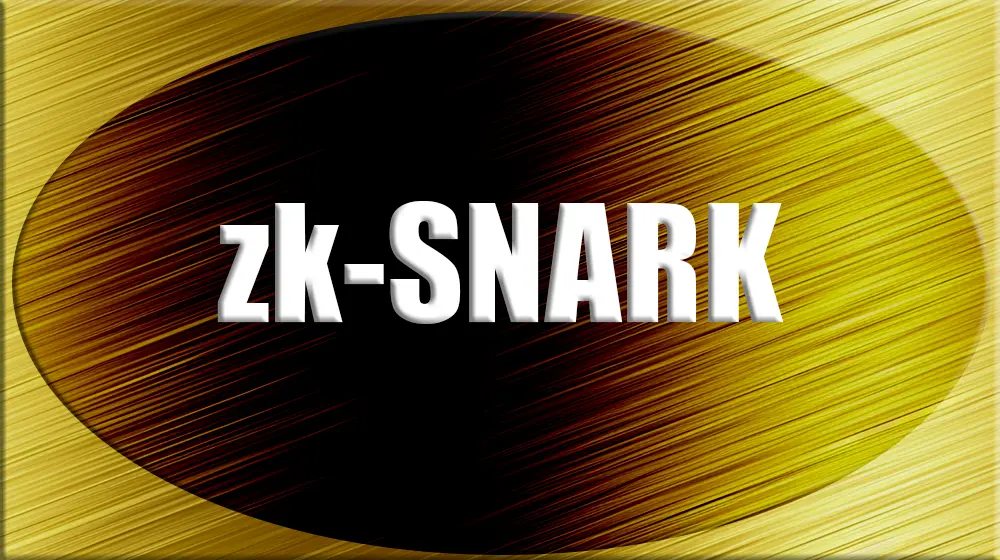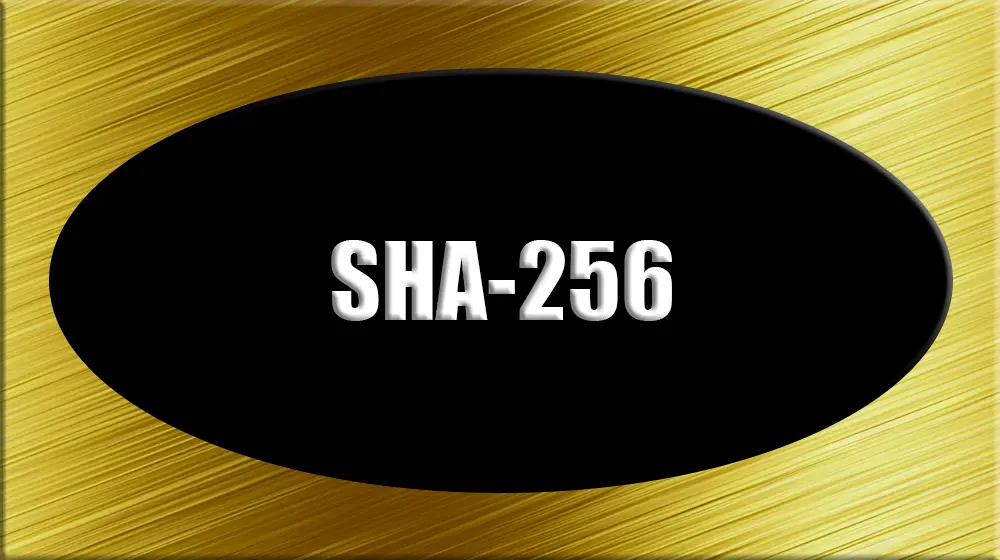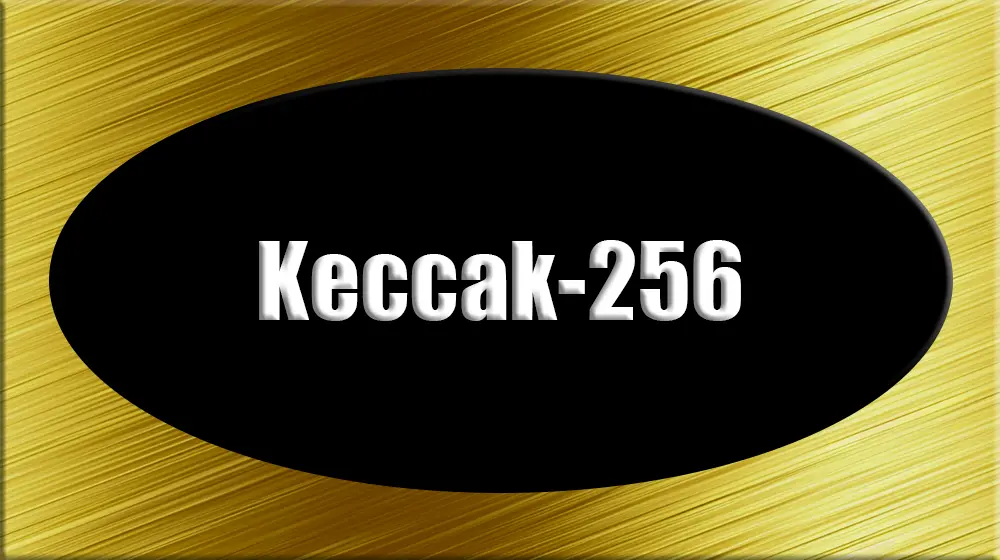Overview
zk-SNARK (Zero-Knowledge Succinct Non-Interactive Argument of Knowledge) is a cryptographic technique that allows one party to prove to another that they possess certain knowledge without revealing the knowledge itself. This technology is a form of zero-knowledge proof, where the prover can demonstrate the truth of a statement without disclosing any information beyond the veracity of the statement.
Key Features
- Zero-Knowledge Proof: zk-SNARKs enable the verification of information without exposing the underlying data. This ensures privacy and confidentiality, making it an essential tool for secure transactions and communications.
- Succinctness: The proofs generated by zk-SNARKs are very small in size and can be verified quickly, which makes them efficient for use in systems with limited computational resources.
- Non-Interactivity: Traditional zero-knowledge proofs often require multiple rounds of interaction between the prover and verifier. zk-SNARKs, however, are non-interactive, meaning the proof can be sent to the verifier without the need for back-and-forth communication.
- Argument of Knowledge: zk-SNARKs guarantee that the prover actually possesses the knowledge they claim to have. This is critical for ensuring the integrity and trustworthiness of the proof.
History and Development
The concept of zero-knowledge proofs was introduced by Shafi Goldwasser, Silvio Micali, and Charles Rackoff in the 1980s. The specific development of zk-SNARKs as we know them today emerged from the fields of cryptographic research and practical implementation in the early 2010s. Notable contributions were made by researchers such as Alessandro Chiesa, Eran Tromer, and others, leading to the development of practical zk-SNARK systems.
The implementation of zk-SNARKs gained significant attention with the launch of Zcash in 2016, a cryptocurrency that uses zk-SNARKs to enable private transactions. This marked a major milestone in the practical application of zero-knowledge proofs in blockchain technology.
Applications
- Cryptocurrencies: zk-SNARKs are used in various cryptocurrencies to ensure privacy and confidentiality of transactions. Zcash is the most prominent example, utilizing zk-SNARKs to allow users to shield transaction details while still proving their validity.
- Privacy-Preserving Protocols: Beyond cryptocurrencies, zk-SNARKs are applied in protocols requiring strong privacy guarantees, such as anonymous voting systems, confidential smart contracts, and private data sharing agreements.
- Scalability Solutions: zk-SNARKs can be used to improve the scalability of blockchain networks by enabling efficient, off-chain computation. This allows for complex computations to be verified on-chain with minimal overhead, aiding in the overall performance and scalability of the network.
- Authentication Systems: They can enhance the security of authentication systems by proving the possession of credentials or secret keys without actually revealing them, thereby protecting sensitive information from potential leaks.
Challenges and Limitations
Despite their advantages, zk-SNARKs face certain challenges:
- Trusted Setup: Many zk-SNARK implementations require a trusted setup phase to generate public parameters. If these parameters are compromised, the security of the entire system can be undermined.
- Complexity: The mathematical and cryptographic complexity of zk-SNARKs makes them difficult to implement and understand, posing a barrier to widespread adoption.
- Computational Requirements: Generating zk-SNARK proofs can be computationally intensive, which may limit their use in resource-constrained environments.
Conclusion
zk-SNARKs represent a powerful advancement in the field of cryptography, offering a robust method for ensuring privacy and security in digital transactions and communications. Their application in cryptocurrencies, privacy-preserving protocols, scalability solutions, and authentication systems highlights their versatility and importance. As research and development continue, zk-SNARKs are poised to play a critical role in the future of secure and private digital interactions.




